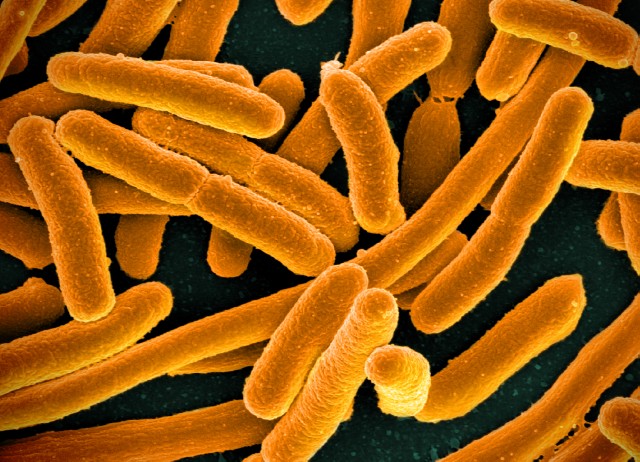
A study conducted in France suggests human, animal, and environmental exposures may all be linked with the occurrence of community-acquired, multidrug-resistant urinary tract infections (UTIs).
The findings on UTIs caused by extended-spectrum beta-lactamase (ESBL)-producing Escherichia coli were reported yesterday in JAMA Network Open.
While these multidrug-resistant UTIs have long been a problem in hospitals and other healthcare facilities where patients are routinely exposed to bacterial pathogens and antibiotics, the incidence of community-acquired ESBL-producing E coli UTIs has grown in recent years, with a variety of factors cited as potential culprits. ESBL-producing E coli is considered a growing public health threat because the ESBL enzyme confers resistance to multiple classes of antibiotics and makes common infections like UTIs difficult to treat.
The authors of the study say the findings highlight the importance of surveillance and mitigation strategies that take a One Health approach.
Multiple exposures cited
Read more...







